YOUTH WORKERS OF BOSNIA AND HERZEGOVINA
The series of texts about the superheroes we call youth workers continues with the story of Jasmina Banjalučkić from Ključ. Jasmina has an MA in Sociology and is currently the Secretary of the Youth Council of the Federation of Bosnia and Herzegovina, although she’ll usually introduce herself as youth worker who loves youth policy,
She became a youth worker spontaneously.
“Honestly, I wasn’t planning on becoming a youth worker. It grew spontaneously and naturally, from all the youth work I’ve been doing since I was sixteen. I started by working with children. I was a member of an informal youth group, and we organized workshops for children with the help of a Spanish charity. We had workshops all year round, and camps during the summer. Of course, I learned a lot during the three years I was involved in that project.
Her interest in what’s happening around her then led her to become a volunteer at the youth center Kosmos in Stolac, before taking on the role of a youth worker.
“That’s when I realized that everything I do with young people – individual conversations, group work, organizing local actions, camps, social events, international exchanges and training – is what the world would call youth work. This realization was preceded by several years or learning and growing with the team in Kosmos. For a long time I was unaware that I may actually be a youth worker.”
The role of youth workers, as expert youth work associates, is to support the professional, personal and educational development of young people they’re working with. This is why staying up to date with developments in the youth sector and constantly investing in education is paramount for youth workers. As someone who believes in the importance of lifelong learning, in 2018, Jasmina took part in a training for youth workers organized by the Institute for Youth Development KULT with the support of the Olof Palme International Center. The training was a perfect opportunity for Jasmina to consolidate her knowledge and experience. She’s particularly appreciative of the opportunity to meet many youth workers whose work and dedication motivated her.
“Unfortunately, youth workers rarely get a chance to sit together and bounce ideas off each other. After listening to fellow youth workers, I was left with a lasting impression that we’ve done so much for young people that it’s time someone supports us too, since we’re the ones young people can reach out to day and night, we support them through injustices and try to make it right, we share in their joy and try to offer positivity, act responsibility and encourage change.”
The most important thing the training taught her is that she has to be very loud when advocating for the rights of youth workers. She also noted that there are no associations or policies focused on youth workers and their rights, and she herself accepts some of the responsibility for it.

Jasmina thinks that the youth sector is going through an unprecedented crisis.
“A lot of young people, including my coworkers, left the country or moved to different communities and now lead different lives. This happened without an adequate transition, and we didn’t prepare the field for some new youth workers, volunteers and activists. It’s clear that the number of active youth organizations is dwindling. We invested so much in youth organizing, but right now it’s not strong enough to support youth through the challenges they’re facing, especially in local communities. Being neglected by institutions eroded people’s enthusiasm. At the end of the day, they did have a personal sense of satisfaction, which is, of course, important, but we weren’t recognized by the system and they didn’t invest enough in us.”
Jasmina now works at the Youth Council of the Federation of Bosnia and Herzegovina where she continues her youth work in a slightly different way – she’s promoting youth rights and the government’s obligations towards young people.
“I work on youth policies and I try to promote youth organizing in Bosnia and Herzegovina. I really want to stay in BiH, and keep working on youth policies because I think a good system that’s responsive to youth needs is the foundation of a good society. I know that young people want change, but I want from them is to have them be a part of that change.”
She advises young people to organize, get involved in youth associations, informal groups, and youth councils.
“Only if we join our voices, we’ll be loud enough for decision makers to hear. It’s particularly important that young people enjoy this process, this change they’re bringing,” says Jasmina, one of the positive forces in the BiH society that build it up it from within, day after day.



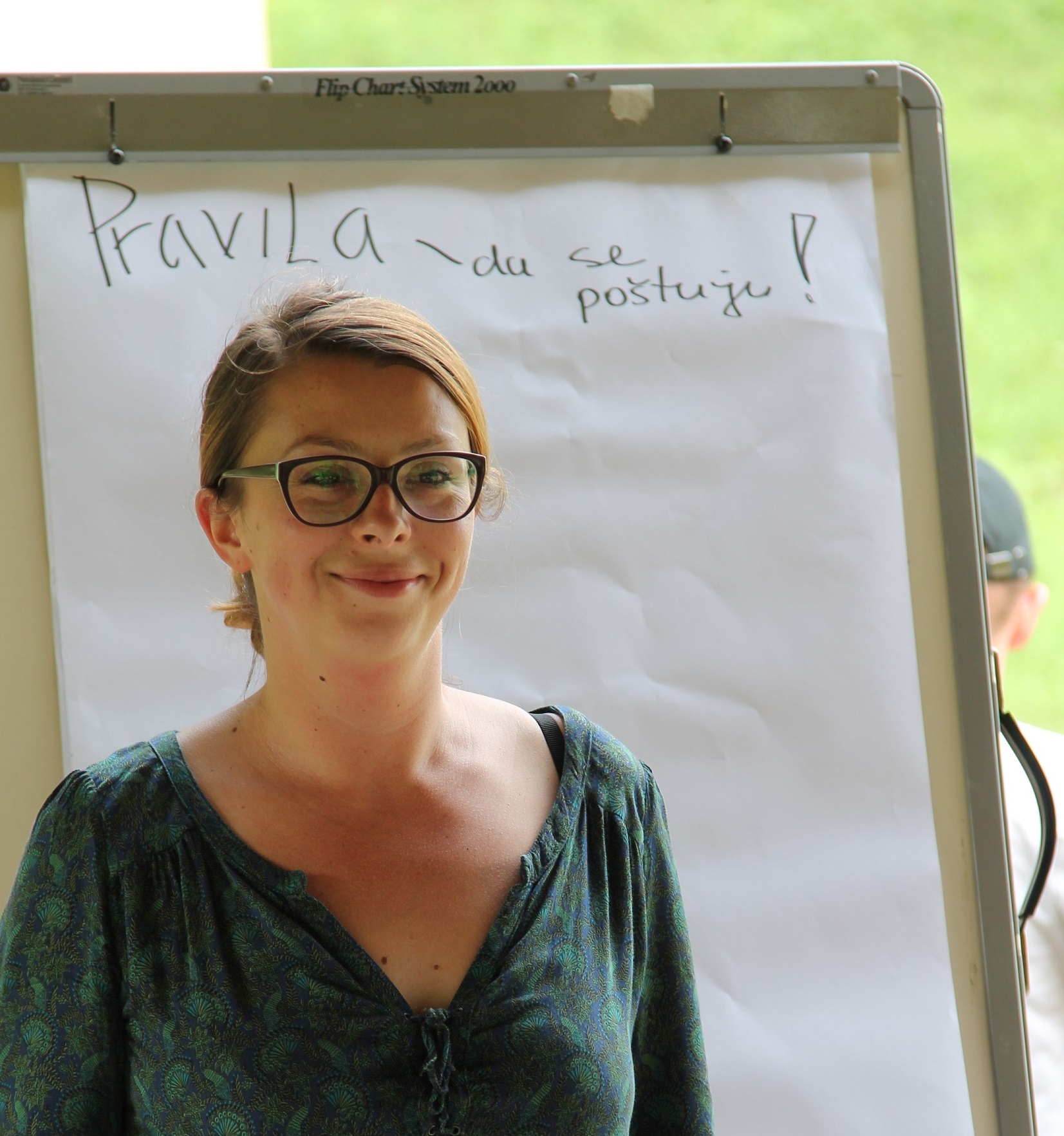

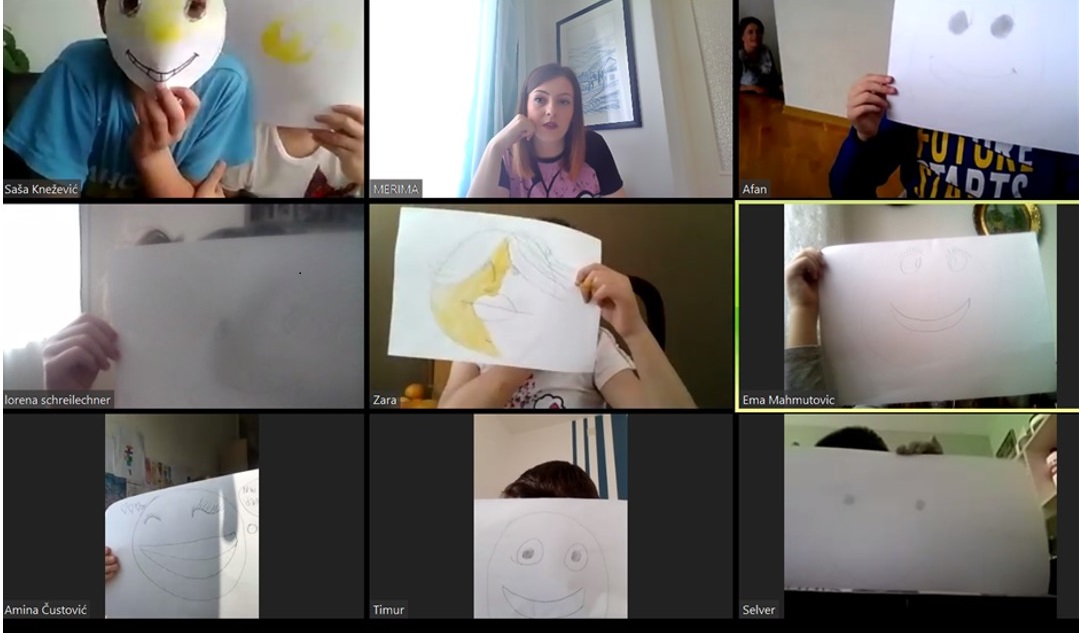






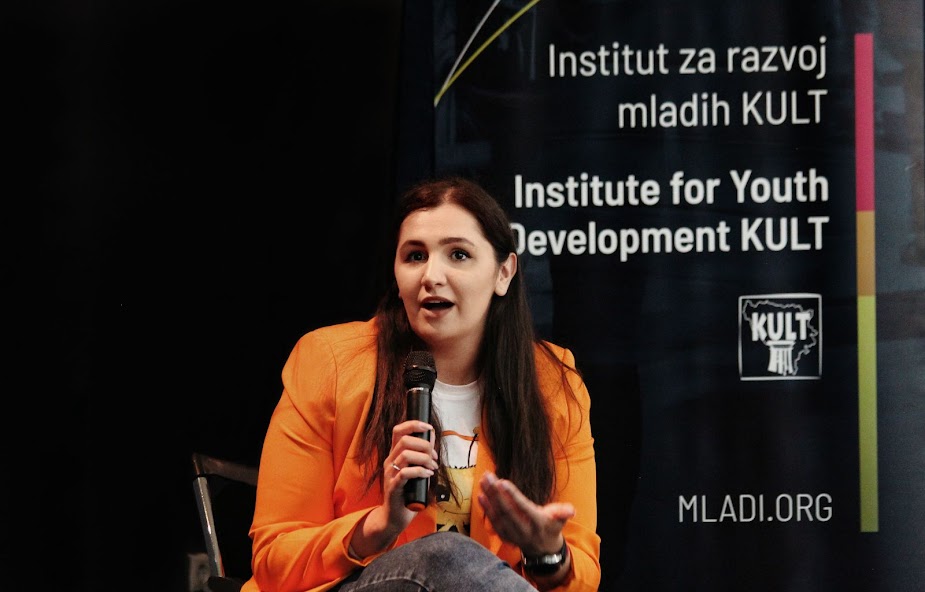
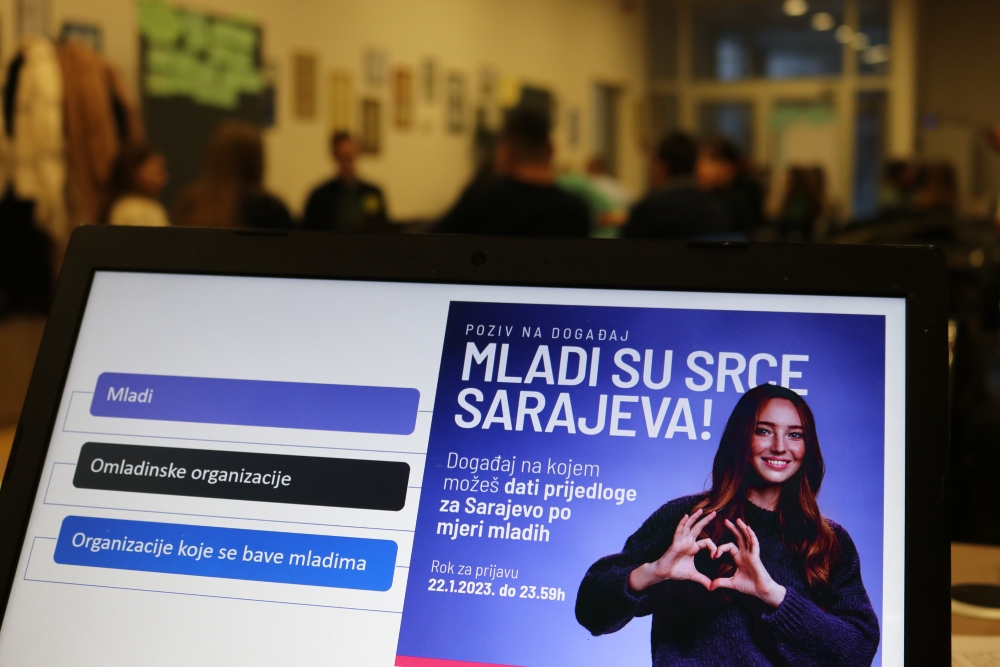
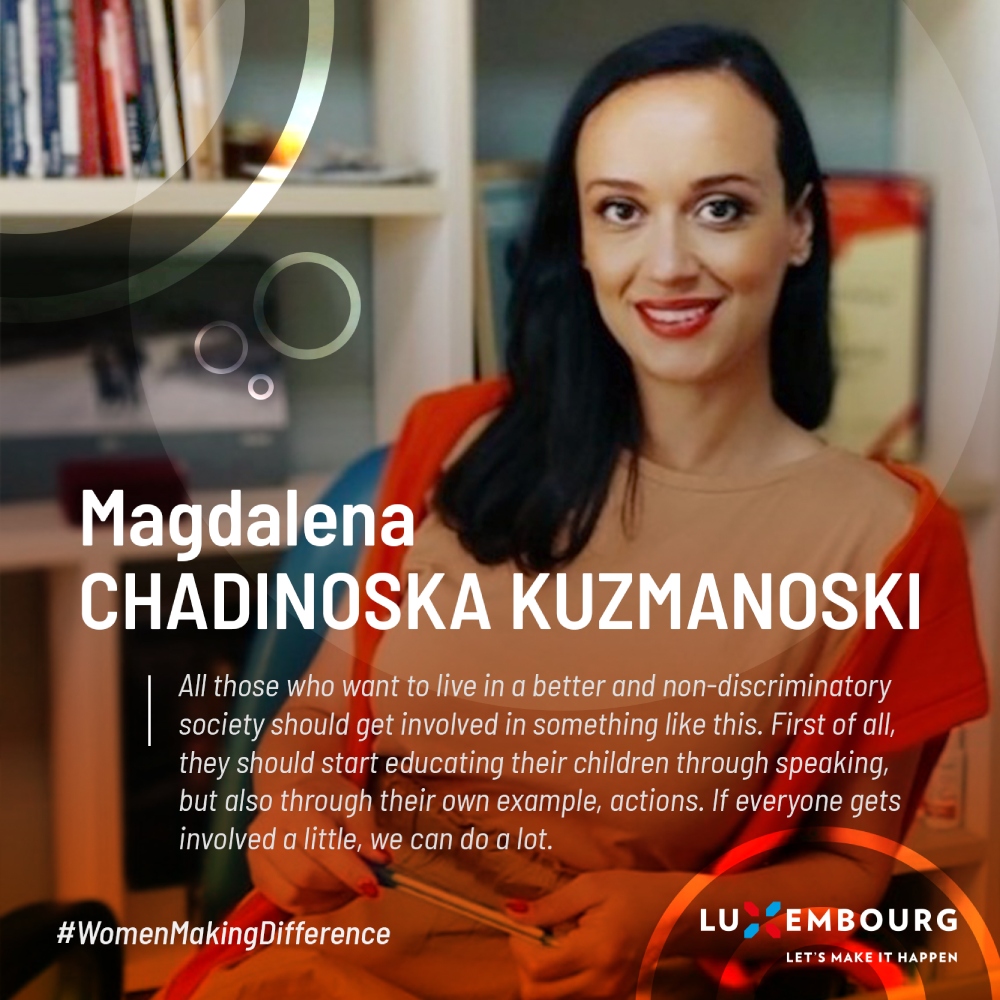
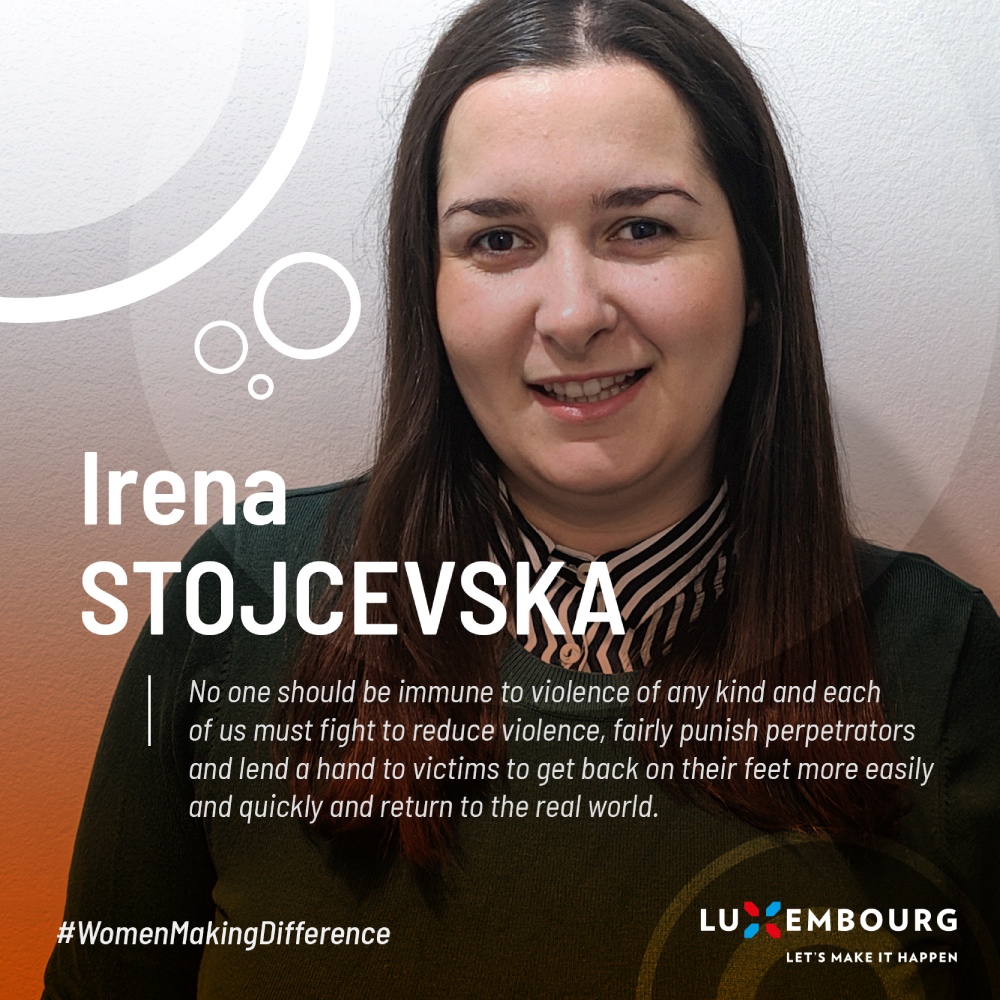
Leave a comment